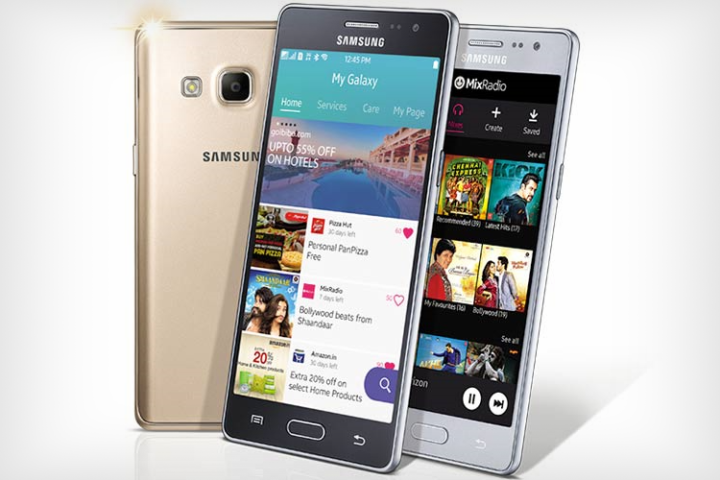
The matter goes back to 2011, when Samsung signed the Mobile Application Distribution Agreement (MADA) and anti-fragmentation agreement (AFA). MADA required Android smartphones to use Google as the default search engine and pre-install specific Google-developed apps, such as YouTube and Gmail, to the home screen. AFA, meanwhile, forbade Samsung from using Google’s algorithms to develop its own operating system.
At the time, Korea’s Fair Trade Commission (FTC) looked into MADA and whether it violated the country’s Antitrust Law. Google’s Korean arm was cleared of all alleged wrongdoing in 2013. Furthermore, the federal agency launched an investigation into AFA in 2016 and found some issues that might have led to Google’s possible interference of Samsung’s Tizen development.
“We are currently checking if Google thwarted competition in the OS market,” said an FTC official. That official also confirmed the FTC will review whether to reinvestigate the 2013 antitrust case.
“As lawmakers have demanded a reinvestigation of the case, the FTC is checking whether it is possible to do so.”
A spokesperson for Google Korea said the company has done nothing wrong, but did not say what its next step is.
“Android is an open-source platform. Our partner agreements are entirely voluntary — anyone can use
Editors' Recommendations
- Catch ’em all with a Pokémon-themed Galaxy Z Flip 3 (if you live in South Korea)
- Dazzling drone display targets coronavirus in South Korea


